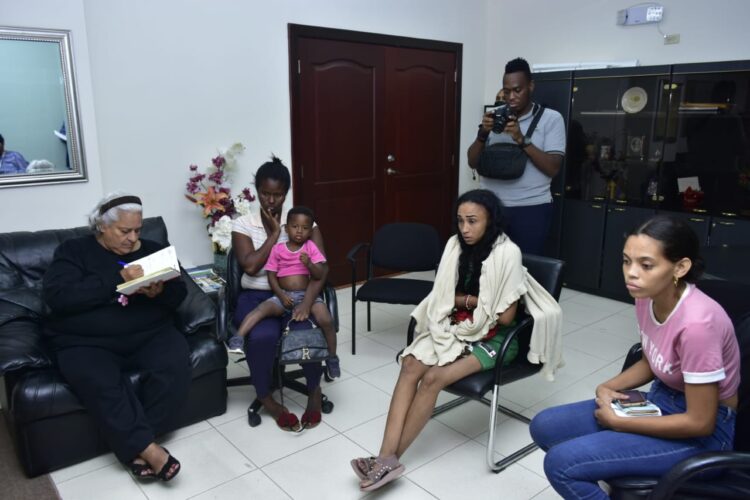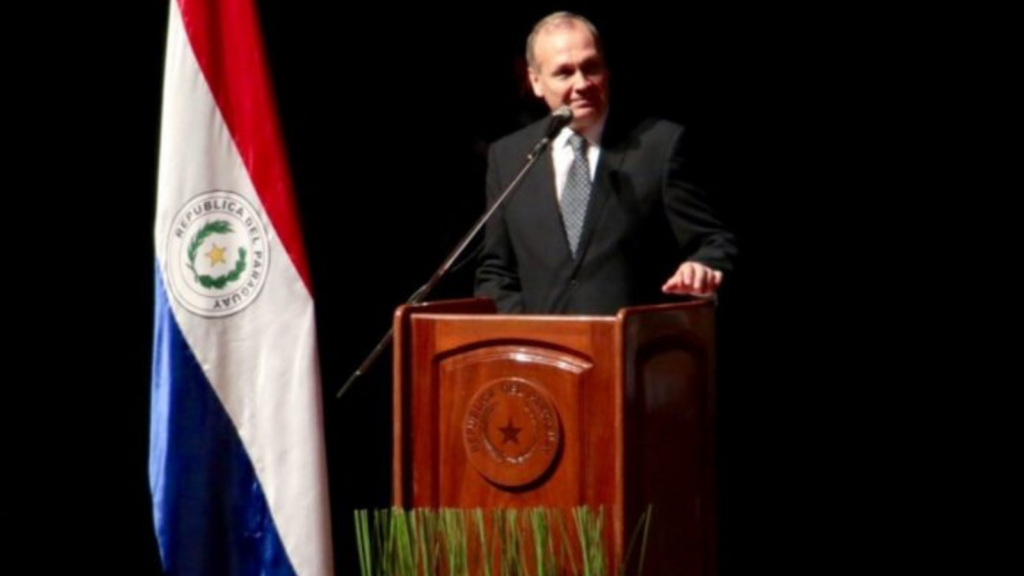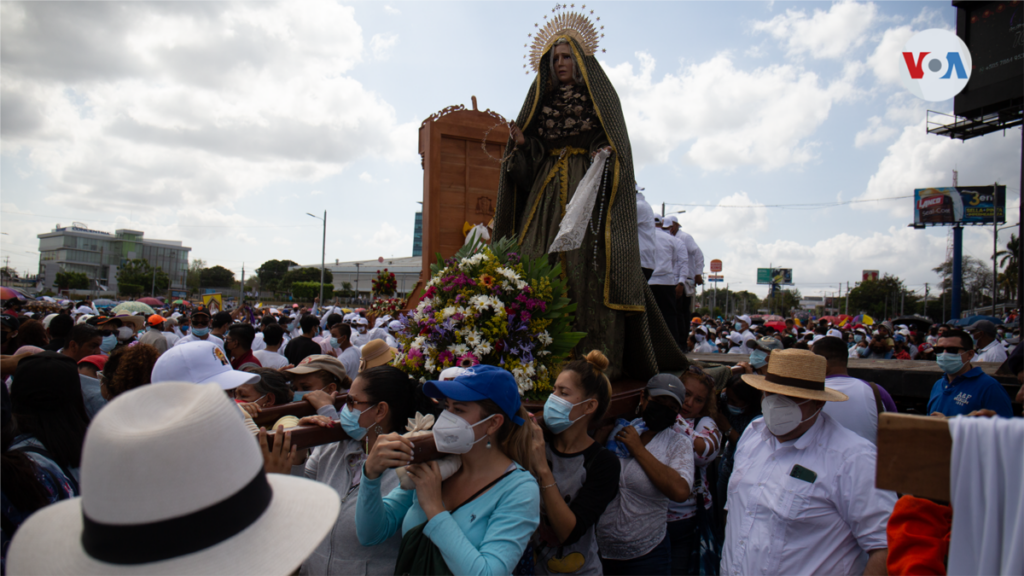Judith Pena | January 16, 2023
The four families that were affected during the fire registered in four units of the temporary shelter, located in the district of Curundú, were attended by the Ministry of Housing and Territorial Planning (Miviot) that relocated them temporarily in a hotel.
The Vice Minister of Housing, Daniela Martínez López, and the Director of Engineering and Architecture, Marcos Suira, met with the community authorities and the families affected by the incident.
Martínez explained that the victims were temporarily relocated to apartments at the El Doral Hotel, located in the town of Santa Ana, where they will remain until the purchase of construction materials is coordinated to repair the modules affected by the flames.
He stated that the institution issued priority guidelines to first meet the needs and requirements of the family of the three children aged 1, 4 and 9, who suffered burns and who are under medical care at the Children’s Hospital.
He maintained that a team of contingencies and social workers moved to the area of the fire to carry out the technical inspection in relation to the structural damage caused to the shelter and prepare the respective socioeconomic report of the families that total 10 people (children and adults).
The vice minister pointed out that Miviot delivered these community homes in August 2022 and all its residents received information that the temporary modules had limited capacity within their electricity system to avoid overloading it.
These are 72 modules or temporary shelters that Miviot, through a contractor company, built for the same number of families from the El Amanecer and El Anochecer sectors, in Curundú, which were delivered after the corresponding occupancy permits were issued. by the Municipality of Panama and the Meritorious Fire Department and the inspection of electrical systems.
Some 300 families from the El Amanecer and El Anochecer sectors live in old houses made of wood, cardboard, canvas scraps, rusty zinc, and in the midst of sewage, lack of sanitary services and electricity, as well as complete overcrowding and insecurity in the zone.










